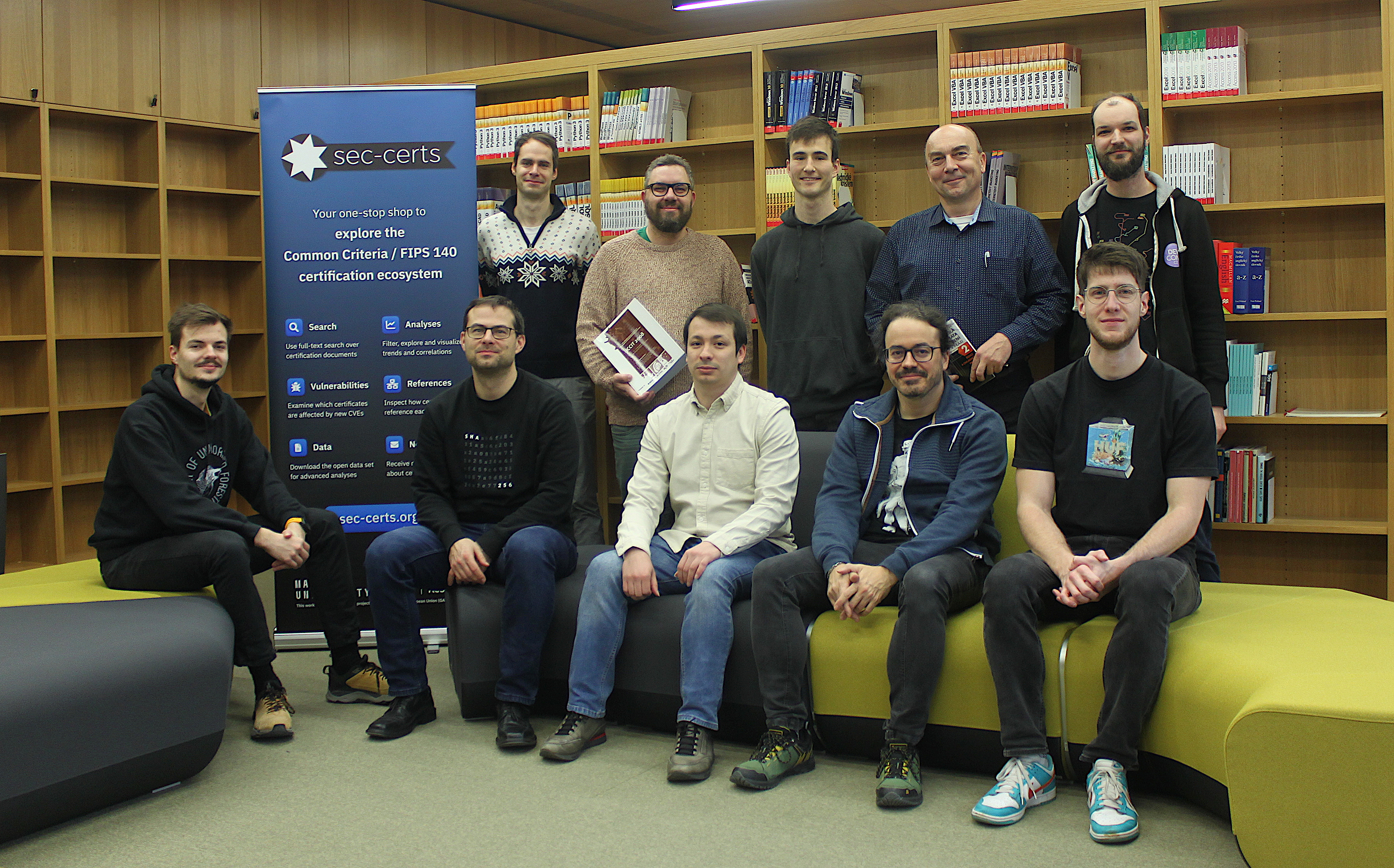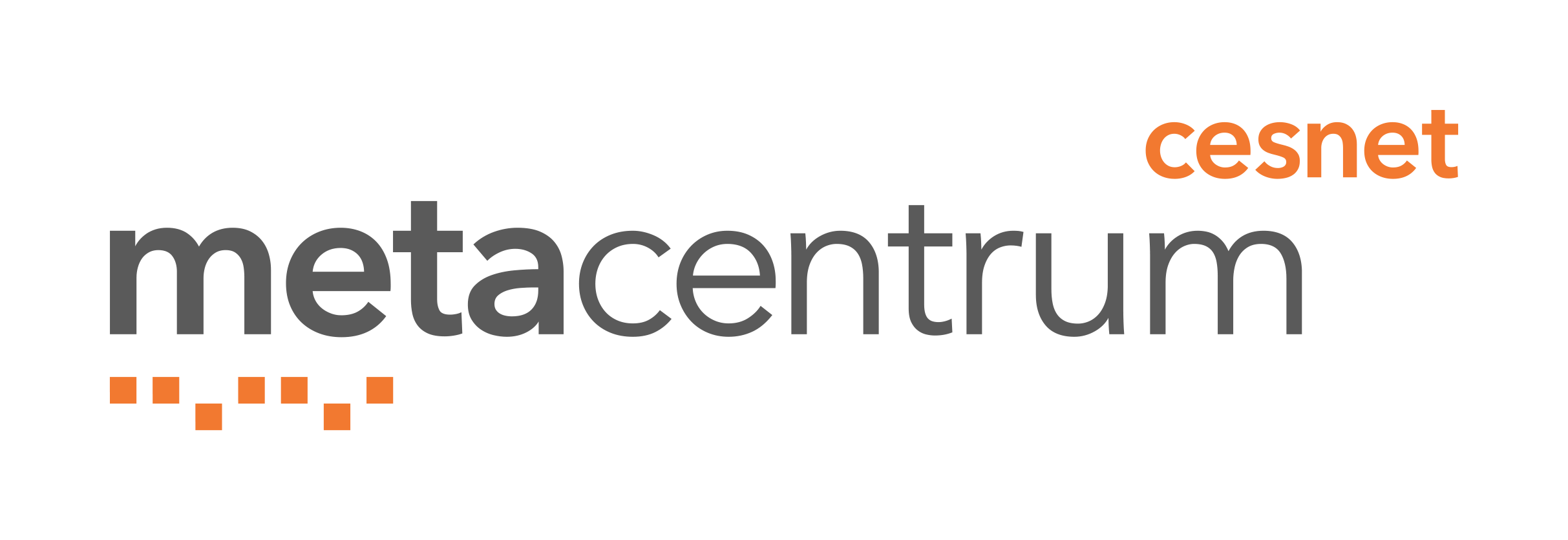About
The sec-certs project aims to be the one-stop shop to explore the Common Criteria / FIPS 140 certification ecosystem.
It all started in 2019, when we found a vulnerability in a Common Criteria-certified device. We wanted to investigate devices using the vulnerable one and understand the vulnerability impact. However, such analysis proved to be extremely laborious due to the lack of machine-processable data. We thus started aggregating and analyzing certification data, which enabled unified search, trend analysis, dependency visualization, and other features. Over time, we started interconnecting with other public datasets, most notably the list of CVEs.
In the spirit of open research, we decided to publish the dataset as well as the Python library to explore it for free. You're welcome to check out the library documentation as well as the full project and website source code.
Over time, we have written multiple research publications on the tool itself and the insights into the certification ecosystem gained using it. For the list of all publications, see the Research page. We welcome collaboration of any kind – if you are interested, feel free to get in touch at [email protected].
Use the library Read research Get in touch
Project team
Sec-certs is developed at the Centre for Research on Cryptography and Security (CRoCS) at Masaryk University, Czechia. Our lab aims to improve security and privacy through applied research (often in cooperation with industry) and advanced education of future security professionals.
Petr Švenda
Initial implementation, idea person
2019-now
Ján Jančár
Web implementation, anti-idea person
2019-now
Adam Janovský
Library implementation, machine-learning
2019-2024
Łukasz Chmielewski
Common Criteria insights
2023-now
Jaroslav Řezník
FIPS-140 insights
2023-now
Yasir Yakup Demircan
Machine-learning
2024-now
Martin Ukrop
Project lead
2022-now
Vashek Matyáš
Project & student supervision
2019-now
Student members
Several students extended or used the functionality of the sec-certs project in their Bachelor's or Master's thesis.
Master's thesis on Enhancing Common Criteria Certificate Analysis with Semantic Segment Search, 2023-2024
Master's thesis on Metadata overlay for seccerts.org with security analysis tools, 2022-2023
Bachelor's thesis ongoing, 2024-now
Master's thesis ongoing, 2024-now
Master's thesis ongoing, 2024-now
Bachelor's thesis ongoing, 2024-now
Sponsors
We greatly appreciate the support we have received over the years. This included direct financial support as well as computing infrastructure, networking and dissemination opportunities.











